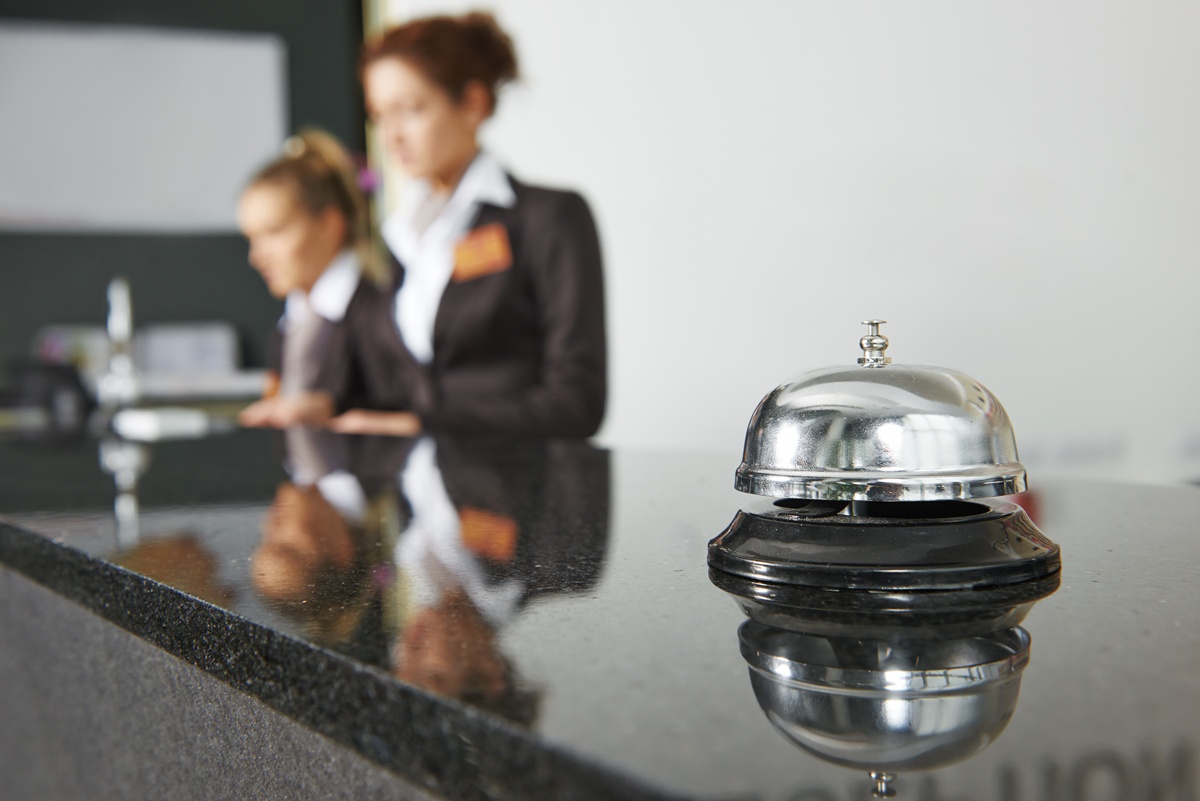March 31, 2025
The reality of customer experience in hospitality

For decades, the hospitality industry has promised guests a seamless, personalised experience, recognising that people choose hotels to relax, not to face additional stress from poor service.
But, achieving consistency across thousands of hotels — many with different owners and varying levels of technology adoption — is a formidable challenge. Despite the rise of digital solutions, the gap between expectation and execution remains noticeable, often leaving guests frustrated instead of rejuvenated.
The challenge of consistency
According to Floor Bleeker, a hospitality technology consultant with over 20 years of experience in the industry, former group CTO of Accor and CIO of Mövenpick Hotels & Resorts, one of the biggest obstacles to a unified guest experience isn’t the technology itself; it’s the fragmented nature of hotel ownership.
“If a hotel group has 8,000 hotels, there’s probably 4,000 different owners,” he commented. “When it comes to customer experience technology, rolling out a unified solution across all properties becomes incredibly difficult.”
Hotel operators often lack the authority to mandate a uniform approach to technology adoption, resulting in a patchwork of digital capabilities.
Some properties may implement AI-driven concierge services and digital check-in, while others still rely on outdated property management applications. The inconsistency erodes the seamless experience guests expect.
The rise—and limitations—of guest experience platforms
Guest experience platforms have become a focal point for hotel innovation, automating key touchpoints such as check-in, checkout, room service, and even spa bookings.
Features like digital keys, AI-driven chat functions, and in-room preferences aim to create a more personalised stay. However, not all implementations have been smooth.
Take digital keys — once heralded as a game-changer. “Early versions made the process more complicated than simply waving a key card in front of the door,” Bleeker explained.
Apps required downloads, depended on Wi-Fi, and often failed. Only with the integration of NFC technology, enabling guests to store digital keys in their mobile wallets, has the experience become more intuitive.
Personalisation: where convenience meets privacy concerns
Hotels collect vast amounts of guest data, from passport details to dining preferences. While this data can enable hyper personalised experiences, it also raises privacy concerns. Self-sovereign identity solutions could give guests greater control over their data, enabling them to share relevant details such as allergies or entertainment preferences, without compromising privacy.
“You should be able to decide what information you share, for how long, and when to revoke access,” said Bleeker.
Despite the potential benefits, many hotels have yet to adopt advanced data control measures.
One exception is Radisson Hotel Group, which effectively leverages data gathered through multiple touchpoints, such as website and in-hotel activities, to personalise and improve the guest experience.
By utilising information from loyalty profiles, past stays, and realtime interactions, Radisson offers tailored promotions to enrich the overall stay for guests.
AI’s role in hospitality: A game-changer or overhyped?
AI is rapidly changing customer interactions, but its real value lies in enhancing, and not replacing, human service. “If you call a traditional call centre and ask about the hairdryer in an Amsterdam hotel, they likely won’t know,” commented Bleeker. “With AI, that information can be instantly accessible.”
AI enables hotel operators to engage guests in their preferred language, streamline requests, and anticipate needs based on past behaviour. But, the challenge is ensuring AI-powered interactions remain helpful rather than intrusive. Overreliance on chatbots, for instance, can frustrate guests who expect human assistance for complex issues.
Again, Radisson Hotel Group is setting an example in AI innovation in guest experience. The group has developed an AI-powered avatar that provides virtual tours of rooms and hotel amenities to guests and venue planners—a project that won gold in the best innovation in CX category at the International Customer Experience Awards 2024.
Avoiding the pitfalls of tech-driven hospitality
While hotels race to modernise, blindly chasing the latest technology trends can lead to costly integration headaches. “A flashy guest experience platform won’t work if the hotel’s underlying systems are outdated or incompatible,” said Bleeker.
Many hotels underestimate the complexity of integrating tech with legacy infrastructure, leading to costly missteps.
Hotels should prioritise foundational technology upgrades before layering on new solutions. The focus should be on functionality, not novelty — ensuring that innovations genuinely enhance the guest experience rather than adding unnecessary friction.
The real differentiator will not be which hotel brand adopts the most technology, but which one strikes the right balance between innovation and seamless execution. In the end, technology should simplify the guest experience, not complicate it.




